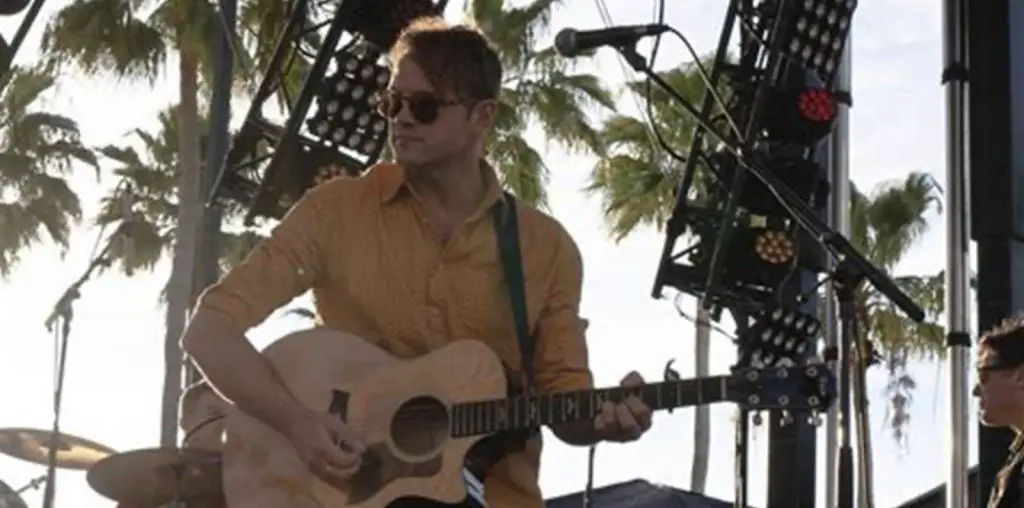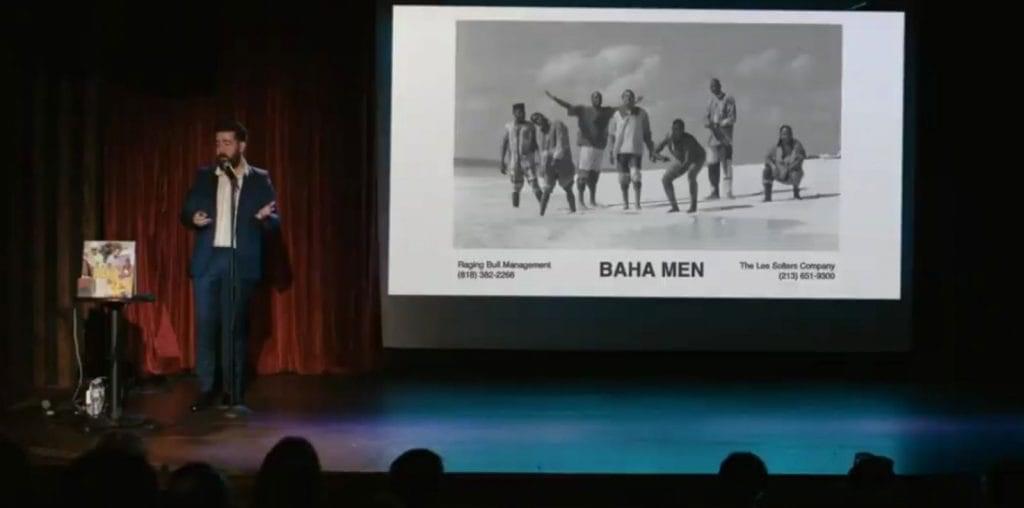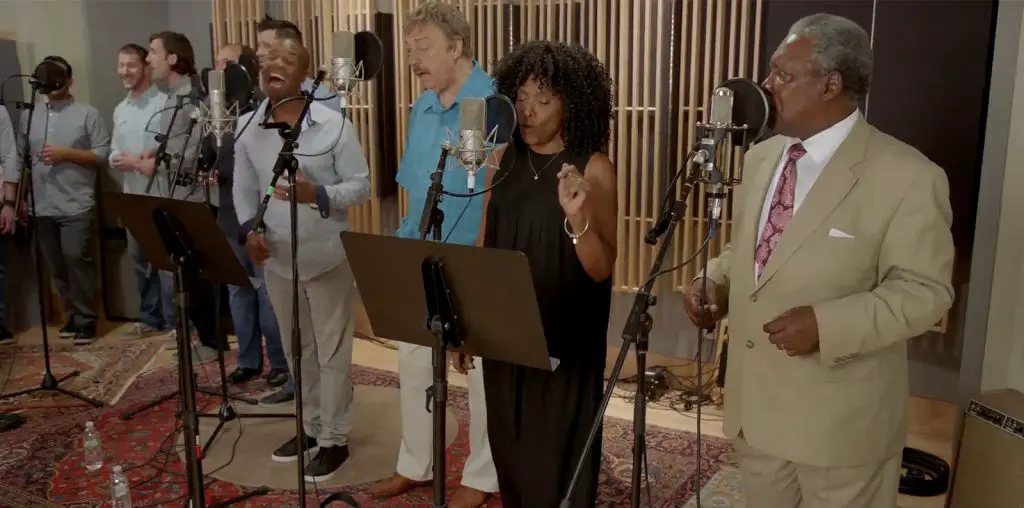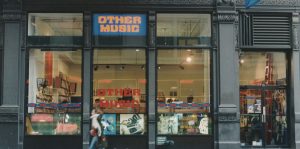
I’m of the age where I amassed a decent vinyl (Baba Booey) collection in my youth, an even bigger tape collection, and an insane amount of CDs. I haven’t purchased any of the three in the past ten years, and I’m close to giving up on books. Though, I’ll admit, anytime I pass a record store, I feel a sense of nostalgia as memories of my youth flood over me.
Puloma Basu and Rob Hatch-Miller’s documentary Other Music is the story of the titular indie record shop, Other Music. If you’re a fan of music…especially of the indie or truly obscure variety…and you live in Manhattan’s East Village, you’re probably familiar with Other Music. The store opened in 1995 and was an influential center for obscure and alternate music of the time until its closing in 2016. Store owners Josh Mandell and Chris Vanderloo found a perfect location, ironically across the street from Tower Records—a genius move considering the store sold music that music nerds… uh, aficionados…could not buy from the corporate superstore.
What set Other Music apart was its undying love and devotion to all styles of music. From its owners to staff, everyone was a music nerd and individually drawn to specific segments of the spectrum. Everyone knew everything about everything—the classics, what’s hot, and what the average person knows nothing about. Other Music was a veritable treasure chest—you just had to know where to look. Benicio Del Toro talks about how he’d just go in and ask the staff to give him anything.
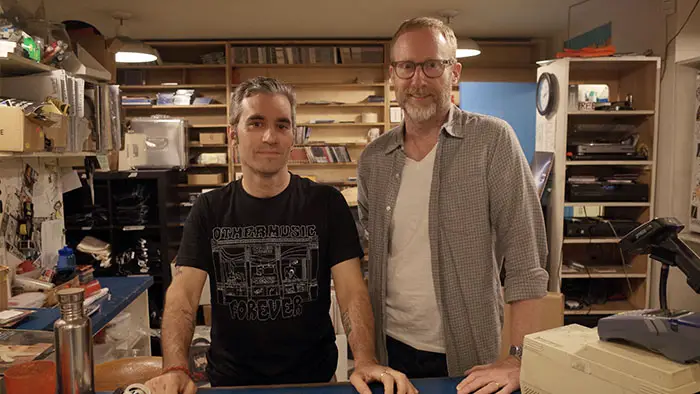
“…an influential center for obscure and alternate music of the time…”
Like Film Threat with Indie movies, Other Music was a champion of the independent music scene. Emerging artists could drop off their CD-R’s to sell on consignment. If they were lucky, they could also perform in-store concerts at night. Such bands to do so included the Yeah Yeah Yeahs, Animal Collective, Vampire Weekend, TV On The Radio, etc. Unfortunately, however, all good things come to an end.
While I liked the story of Other Music, I think those who will love it the most are its former customers, and I get the sense that’s who the film was made for. It serves as a reminder of what used to be. Other Music is not the first documentary about a popular retail location that was left behind by a changing technological landscape, and it certainly won’t be the last.
The most exciting part of Other Music is how the owners and staff fought hard to be a true, independent outlet and advocate for the underdog. They gave chances to emerging artists, who had no marketing budget or branding resources. Other Music could also brag that they survived longer than the big chain stores. Basu and Hatch-Miller amazingly capture the heart and emotion of those who found success and a sense of community. Its musical influence spread beyond its Manhattan block.
Other Music was more than a store. It was a community—much like my comic shop of my youth. It was a time capsule from an era when music was made as an expression of an artist, more than just “product” to be marketed to the masses. People loved this place. They loved being in the store, chatting with fellow music lovers, and holding onto physical records, CDs, tapes. Sadly, the economics couldn’t keep up, old fans vanished, and new ones never materialized. Other Music is a compelling story of nostalgia and a memento of what once was.
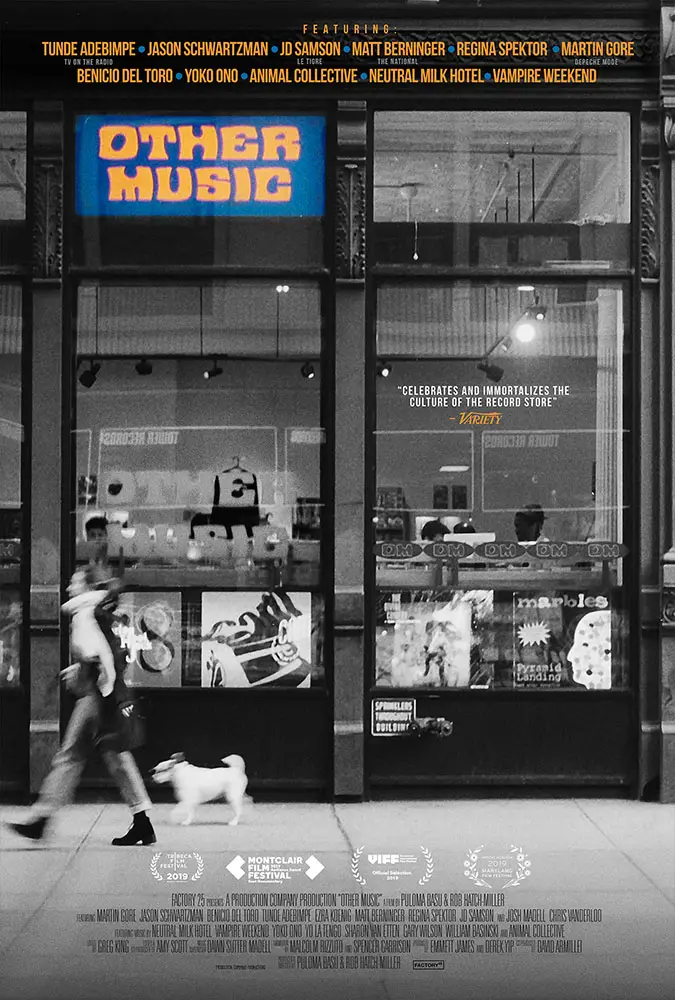
"…They loved being in the store, chatting with fellow music lovers, and holding onto physical records…"
